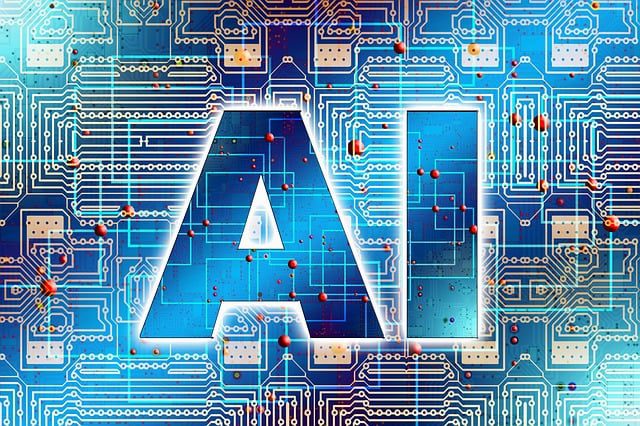Have you ever wondered how your smart home devices are able to anticipate your needs before you even ask? Or how your fitness tracker knows exactly how many steps you’ve taken and calories you’ve burned? The answer lies in the combination of two powerful technologies: artificial intelligence (AI) and the Internet of Things (IoT).
The IoT has revolutionized the way we interact with our devices, allowing them to communicate with each other and collect data to improve our daily lives. AI, on the other hand, has the ability to analyze and make sense of this data, allowing for more intelligent and personalized interactions with our devices. In this article, we’ll explore how AI is being used in IoT devices, from voice assistants and smart thermostats to wearable technology and autonomous vehicles. We’ll also discuss the benefits and challenges of this powerful combination, and what it means for the future of technology.
This is a course on the topics of Artificial Intelligence and IoT
AI and IoT are rapidly developing technologies with significant potential to transform the way we live and interact with the world. This article will provide an introduction to these technologies and their impact on society. Artificial Intelligence is a field within computer science that concentrates on developing machines capable of accomplishing tasks that typically necessitate human intelligence. AI is founded on the notion that machines can learn from experience, like humans, and can make decisions based on that knowledge.
The Internet of Things refers to a system of interconnected physical devices, appliances, and vehicles that are embedded with electronics, software, and sensors to facilitate communication and data exchange among themselves and with humans. Its primary objective is to enable connectivity among devices and objects through the internet. The integration of AI and IoT technology results in improved efficiency and intelligence in various systems. IoT devices gather data from sensors and other sources, and AI algorithms analyze the data to extract insights and make decisions. Smart homes, for example, utilize IoT devices to manage temperature, lighting, and security, while AI algorithms analyze the data to enhance energy efficiency and security measures.
AI and IoT have diverse applications across various industries, including healthcare, manufacturing, retail, and transportation. In healthcare, AI devices can observe patients and notify doctors of potential health problems, while IoT devices can monitor patient data and offer immediate updates to medical professionals. In manufacturing, IoT devices can track equipment and anticipate maintenance needs, while AI programs can streamline production processes and minimize waste.
Examples of AI-powered IoT devices
The Internet of Things (IoT) connects devices that can exchange data. Artificial Intelligence (AI) has made IoT devices smarter and more efficient. AI-powered IoT devices are used in healthcare, manufacturing, transportation, and retail. This article will explore examples of AI-powered IoT devices that are transforming these industries.
- Smart home devices are electronic devices designed to automate and enhance the functionality of a home.
AI-powered smart home devices such as Amazon Echo and Google Home utilize natural language processing to manage home appliances, lighting, thermostats, as well as provide features such as music playback, answering inquiries, and setting reminders.
- Wearable health monitors are a type of technology.
Wearable health monitors, such as Fitbit and Apple Watch, utilize AI to collect and analyze health data, including heart rate, sleep patterns, and physical activity. This information can subsequently generate customized health advice and notifications.
- Autonomous vehicles are a developing technology.
Autonomous vehicles, such as the Tesla Model S, utilize sensors and cameras powered by AI to identify obstacles, pedestrians, and other vehicles. These components are capable of making independent decisions regarding acceleration, braking, and steering.
- Smart retail shelves are a type of technology used in retail stores.
Retail shelves equipped with AI technology, such as those created by Intel and Avery Dennison, utilize inventory tracking and offer real-time product details to customers. Additionally, these shelves have the ability to monitor customer behavior and preferences.
Data science companies such as https://data-science-ua.com/ have various applications in different aspects of our lives, such as smart homes and autonomous vehicles. These devices provide convenience, efficiency, and sustainability, and as technology advances, we can anticipate further innovative use cases for AI-powered IoT devices.



































